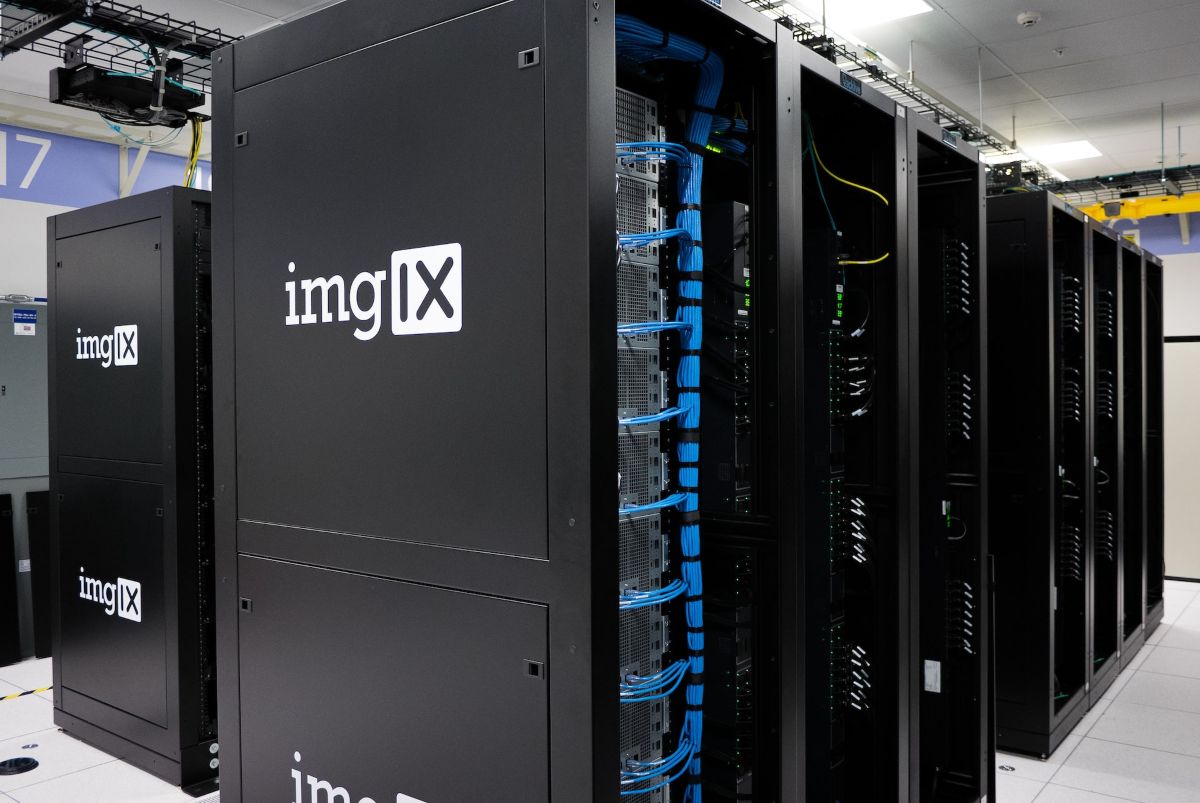Data, whether intellectual property or customer data, is probably the most valuable business asset. Unlike before, businesses should not only maintain strict compliance with privacy laws but also use data storage options that protect crucial business data while assuring clients of data security.
However, with the many data storage options available currently, choosing the best data storage management solution for your business can prove daunting. This guide outlines how businesses can choose data storage management solutions suiting their specific needs.
What is Data Storage Management?

Data storage defines how businesses record and save files and documents digitally for future use. Modern storage solutions rely on optical, electromagnetic, and other mediums to preserve data. Proper data storage makes it easy for businesses to generate backup and recovery in case of unexpected cyberattacks or if the storage solution crashes.
That said, data storage management describes how a business gathers, stores, retrieves, and secures data from business software solutions. Proper data management practices allow business access to vital data and analytics that provide insights into business operations.
Adopting a framework for accessing large amounts of data generated from various business processes enables business leaders to make informed decisions and improve customer service. That said, data storage management involves multiple functions aimed at storing, organizing, and securing business data in an accurate, accessible and protected manner.
Advancing technologies means that all business software solutions collect data. This includes customer relationship management software, accounting software, credit card processing software, and POS systems. These systems collect a wide range of customer data, specifically customer data and financial details.
As businesses adopt more software platforms for business operations, so does their ability to gather data. This overstates the importance of using the right data storage management solution.
Criteria For Choosing The Right Data Storage Solution For Business
Below are important things to consider when selecting a data storage and management solution for your business:
1. What Enterprise Data Storage Solutions are Available?
As mentioned, there are several data storage solutions available for enterprise use. You should begin your search by reviewing the available options to find one that suits your business storage needs. The three common data storage solutions include:
i. Direct attached storage
Refers to onsite digital data storage solutions that connect to computers, servers, and other digital devices to form a storage network. DAS solutions, such as NAS and external hard drives, are affordable and easy to set up.
Businesses also retain physical access. Unfortunately, scaling storage requirements is difficult and unsuitable for storing redundant data.
ii. Storage area network
These are multiple storage devices that pool resources to create a shared pool. Connecting the storage devices to a network allows users to access data stored on SAN the same way they’d access from their computer.
Because SAN connects multiple devices, they are not prone to common issues associated with single-storage data storage options, such as device failure. Unfortunately, SANs are expensive and quite complicated.
iii. Cloud data storage
This public storage solution where businesses purchase storage from third-party providers, such as Google Drive, Apple iCloud, Dropbox, and Microsoft SharePoint.
Cloud storage is as simple as installing software or an app on your computer to access and edit files and documents. Cloud storage is probably the most scalable data storage solution compared to other options. However, it is quite costly, especially if businesses use it for long-term storage.
iv. Hybrid data storage
As the name suggests, hybrid storage combines public and private data storage methods, allowing users to enjoy the benefits of both options. While your IT team can handle hybrid storage, you should consider outsourcing to managed IT service providers for better security and maintenance.
2. Hardware Selection
Having reviewed the available data storage solution options, you should focus on hardware selection. Understanding the hardware needs of your business data helps save time and money. Some of the important hardware considerations to make include the following:
i. Solid State, Hard Disk, NVMe Drives
You should choose between solid-state drives, hard disk drives, and NVMe drives. Unlike HDDs, solid-state drives are in a solid state and don’t have moving parts. On the other hand, NVMe (Non-Volatile Memory Express) is a new storage technology that is increasingly becoming popular because of its low failure rate and high read-write cycles. You should consider these options if your business data storage needs are modest.
Similarly, you should consider hard disk drives if your business requires a high storage capacity without high read/write cycles. HDDs offer large storage capacities at an affordable price tag. They are traditional storage solutions that feature a magnetic disk and mechanical read/write head. While they may not be faster than SSDs, they are inexpensive and reliable.
ii. RAID
RAID visualization technology is another crucial component that you should consider during hardware selection. Lengthily known as the Redundant Array of Inexpensive/Independent Disks, it combines multiple storage drives to improve performance and provide data redundancy.
While the combined storage drives appear as one, stored data is spread across multiple units, otherwise called RAID levels. The RAID units or levels offer different performance features and redundancy depending on business needs. This increases the performance of read/write and ensures that data won’t be lost, even if one drive fails.
That said, your business data storage server won’t be complete without RAID configuration. All RAID levels, except RAID 0, protect physical drives and sector read errors, which are typically unrecoverable. For enterprise storage solutions, you should consider a RAID-10 with battery backup.
iii. Processor
The processor is another crucial hardware component of business data storage solutions. While you should differentiate processor capacities, threads, and cores, you should typically consider the latest Intel server processors if you need a pure data storage solution that doesn’t involve heavy processing activities, such as video editing.
iv. Memory
Like the processor, your data storage system shouldn’t necessarily be memory intensive. To facilitate basic operations, such as application performance and OS usage, you should consider memory capacities of 16GB to 32 GB. These are standard for most modern servers.
The Bottom Line
The need for businesses to upgrade to reliable data storage servers increases every year. This might be due to increasing regulatory requirements, cyber threats, or the need to increase storage capacity.
Regardless of the pressing reason, a common challenge shared by businesses is uncertainty about the type of storage server to use and other issues. You should assess your business needs, know the available options, and evaluate the capabilities of your IT department to find the right data storage solution for your business.
Read Also:
- Why Businesses Need to Have a Good Data Destruction Policy
- 7 Business Data Management Tools That Can help You Grow
- Why Choose an Operational Data Store (ODS)
Author Bio: Wesley Anderson is a data storage content specialist for Pure Storage. Pure Storage is an American publicly traded technology company headquartered in Mountain View, California, United States. If you’re looking for help managing your company’s data, look no further than Pure.















